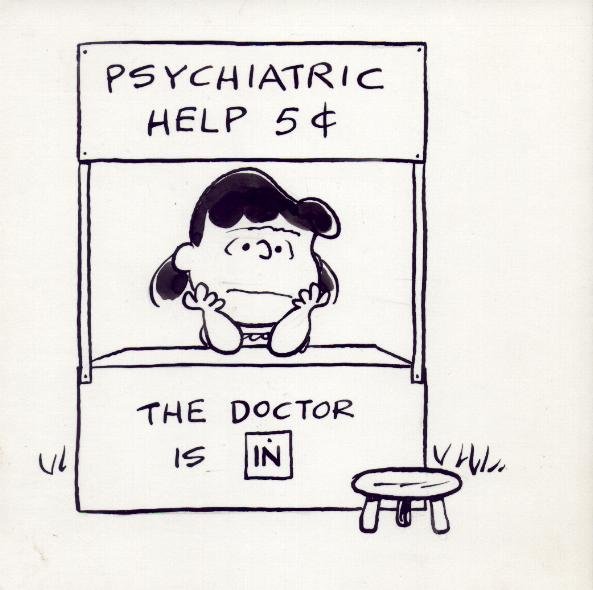In his Late Notebooks Frye provided two glosses for his talk to the doctors at Mt. Sinai Hospital, “Literature as Therapy,” which Frye delivered from notes rather than from a manuscript:
When I talked to the doctors at Mt. Sinai I found myself improvising a thesis I didn’t understand at the time. I said the sympathies and antipathies in nature that underlay Galenic medicine don’t exist as that, but similar forces may exist in the mind. I thought of mother after a post-parturitional disease following Vera’s birth: she had what sounded (ironic for a woman who never touched a drop of alcohol in her life) just like delirium tremens. She said that reading Scott’s novels, dropped on her by my grandfather, brought her round. Scott in those days was the acme of serious secular reading. What I felt was that the plots of formulaic fiction conventions could act as a sort of counter-delirium. Similarly the Old Testament God may be a counter delirium to a nation trampled on by foreigners. I know how vague this sounds, but there’s something that may emerge. (Northrop Frye’s Late Notebooks, 1982–1990: Architecture of the Spiritual World, CW 6:673–4).
I told the doctors about mother & Scott’s novels, suggesting that romance creates a counter-delirium. We don’t buy Galen’s sympathies and antipathies any more: they don’t exist in nature (amethysts for drunks, saffron for jaundice, etc.). But they may exist in the reality-realism metaphorical-objective context. The confrontation technique in the casting out of a humor. Jonson, Shakespeare’s TS [The Taming of the Shrew], the Fool-Edgar in Lear. My point in the Lear lecture about words fighting evil (my 1940 experience with Churchill) at the centre of the words-and-power conflict (Late Notebooks, CW 5:243–4)

